Customers can no longer fill up at the pumps using their Arval fuel cards at Nuns’ Bridges Filling Station in Norfolk. Due to rising fuel costs pushing up the amount of commission he was paying, the site’s owner, Steve Jones, found he was running the service at a loss. But as there was still plenty of demand from
his regular customers pulling up for fuel, he came up with a way of handling the problem - he started surcharging customers using the fuel cards.
Unfortunately one of his customers wasn’t so keen on the idea and reported him to Arval, and a series of phone calls followed.
Steve explained: "My reasoning was that it was better to try this approach rather than just walk away from the business - but I was prepared to walk all the same. That way I gave customers a choice."
Steve, who runs the Jet site on the A134 near Thetford, said he added the 1.9% charge to the customers’ bills when it started getting too expensive to offer the service for free.
The result? Arval warned that his account would be stopped.
Steve, who sells about 3mlpa from his site, said: "I firmly believe that the customer should pay for credit. Just try booking a low-cost flight or a theatre ticket and see how much they charge.
"It just wasn’t cost-effective to take Arval any more. The deal needs to be a lot better. The Arval deal was worked out when fuel was about 70 or 80p a litre, and we’ve had the 1.9% charge for as long as I can remember. We need a fixed rate of charge, a maximum charge per litre of fuel.
"There are many operators either doing the same or just not taking Arval any more as it is not a viable business strategy. I wonder how many sites Arval are prepared to lose before they realise they have no network?"
Arval terminated Steve’s account on June 12, and since then he says his customers, on the whole, have been understanding, with some using their company expenses to pay for the fuel.
The sudden rise in the price of fuel has caused a huge headache for retailers regarding the whole issue of fuel cards and credit cards in general. Andrew Lawrence, who runs Lawrences Garages (London) Ltd, said his company is charged roughly 1.25% for using credit cards, while for fuel cards the cost rises to 2%.
He explained: "At the current high fuel prices we’ve actually been selling diesel at a loss on the fuel cards. A lot of customers use fuel cards so you want to offer the service. But the situation at the moment is absolutely ludicrous.
"It’s a great bone of contention. It’s about time the oil companies had a go at the card companies to get this sorted out because if people stop taking them, then more people may stop using fuel cards and customers may start going away."
Andrew said that during the first two weeks of June his sites were losing about 0.5ppl when selling diesel on fuel cards, although they were still able to make about 1.5ppl on unleaded.
He said: "It would be a much fairer system for the charges to go by the litre, not the value of the sale. The galling thing is that the fuel cards are set up to show the litres, so they already have that facility. We’ll have to see how it goes in the next few months. But we’ll have to make a decision about what to do."
Ray Holloway, director of the Petrol Retailers’ Association (PRA), said the situation varies depending on which oil company retailers are with. For example, he says Shell and BP cover the credit card costs, while others leave it to the retailer to pay - some have an arrangement with an acquirer of debt and set the fee. Alternatively, the PRA has a separate agreement through Mastercard with HSBC or EuroConnex.
Holloway said: "The Arval rate is probably the highest apart from Amex, and there is a lot of disquiet in the network about dealing with it at the moment due to fuel prices going up. We’re now seeing a situation where the income of the issuer of the card could have gone up by 60% in the past few months alone. This is one of the fast-developing problems where you have a bank making more profit out of a litre of fuel than a retailer."
The PRA is so concerned it has already held a meeting with Arval to discuss the issue, with another organised for this month.
Holloway added: "We’re getting to the situation now where we need to have either a capped percentage or a price per litre charge. I think the way the market is at the moment, this capped percentage can’t be any higher than about 1.6-1.7%. Of course, at the moment, retailers are paying something between 1.7% and 3% for accepting fuel cards. The relationship with the card companies has become more of a liability than a benefit.
"In addition, you can’t surcharge for the use of a fuel card, which is the right approach, but these are extreme days. We’ve got to find a way out of this."
Holloway believes the situation is temporary and that the price of fuel will start to come down."It won’t stay as it is because demand won’t stay as it is," he said.
Patrick Hudson, dealer business manager at ConocoPhillips - which supplies Jet sites around the UK - also backs the change to a fixed rate. He said: "The credit card and fuel card issue is not easily resolved but the problem does need solving. Regarding fuel cards - they are expensive in percentage terms so I think the industry needs to look at moving to a fixed rate."
When questioned on the issue, Arval issued a statement from Danny Clenaghan, card development director, suggesting there might be light at the end of the tunnel. Clenaghan stated: "We are sensitive to the present market conditions and we are involved in discussions with a number of dealer groups, and independent dealers, to review the current situation and agree a satisfactory position for all involved.
"Fuel market conditions are currently challenging for all parties involved. The average price of diesel is now 30% higher than a year ago, something that is reflected in our customers’ costs.
"Arval has no influence over the price of fuel, this is driven by the market, and we have no involvement in negotiations over the dealer margin. This is something that is agreed between the supplier and the dealer.
"Independent research shows that Arval fuel cards drive significant value in fuel, and while overall business mileage has decreased this year, drivers using a fuel card are actually spending more on fuel."























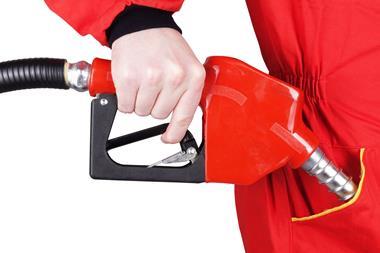

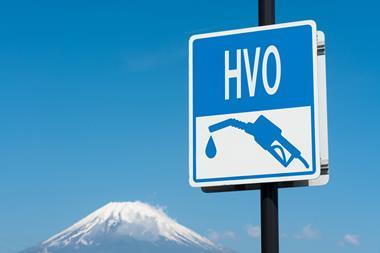


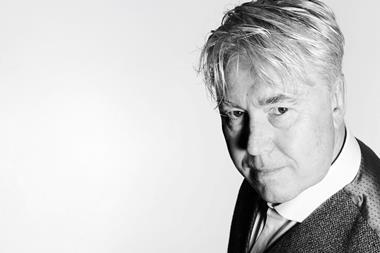
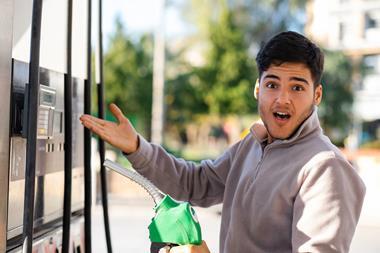
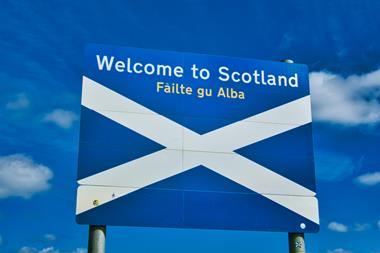
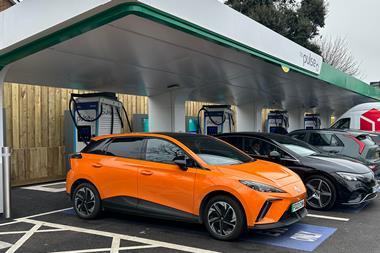
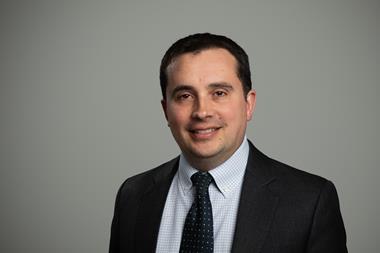
No comments yet